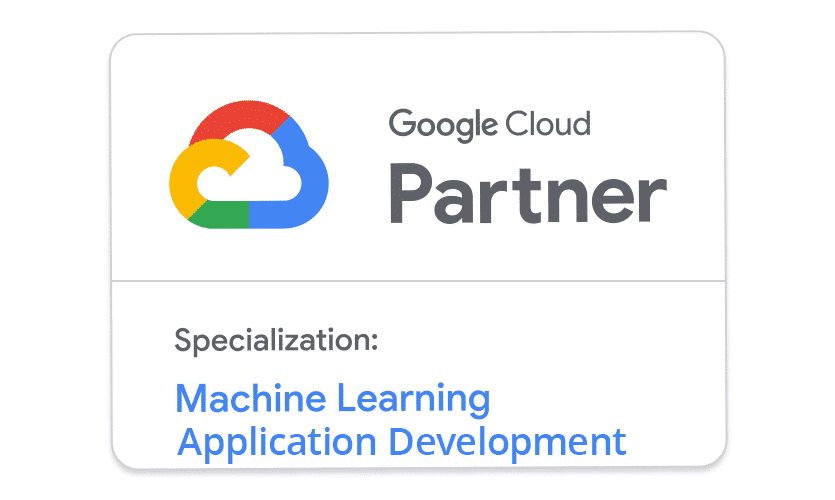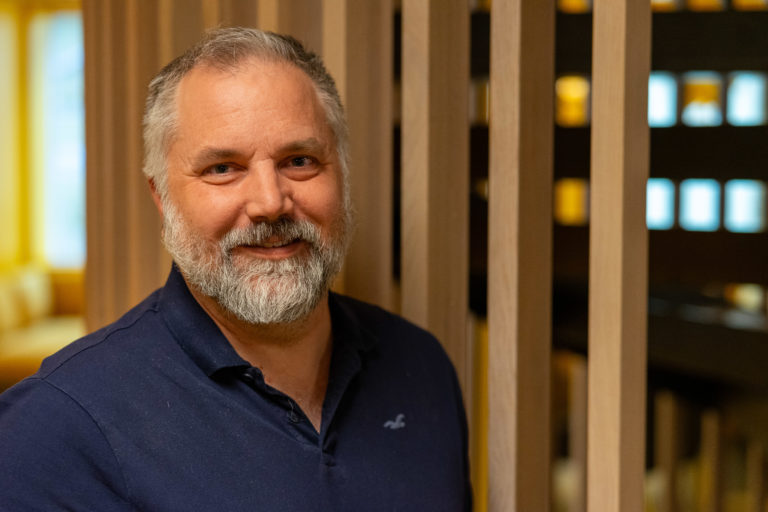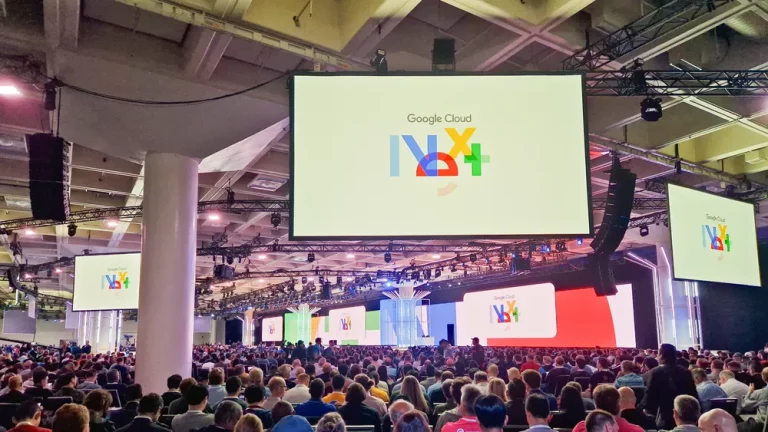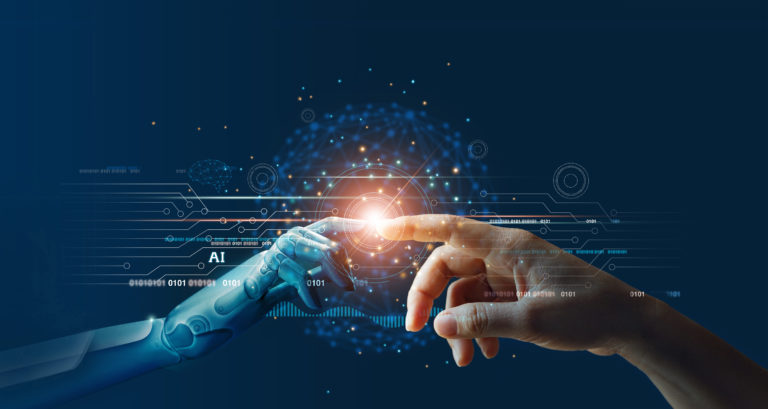
Can a machine learn to improve over time?
When the concept of artificial intelligence is the topic, machine learning often comes up. And vice versa. Machine learning is a subfield of artificial intelligence, and the link between the two concepts is thus obvious. For some. For others, the link is more vague. We’ll see if we can do something about that now.
Make the same choice several times
Artificial intelligence is about the human capacity to solve a problem. What then is machine learning? Machine learning becomes relevant as soon as the problem that we use artificial intelligence to solve, in fact, is resolved. But what is it worth, coming up with a good solution once, if you can’t do the same thing again? And should you be able to repeat the solution, will you also be able to do so if the conditions and context changed?
The goal of artificial intelligence is to be able to make good recommendations and predict what will be a good solution in the future, regardless of the conditions. To achieve this, machine learning is imperative.
This was important to Kolumbus when they wanted to offer travelers in Rogaland an even better experience. Computas helped them achieve this goal by creating a prognostic system that could predict bus arrivals, departures and possible delays. In reality, we built a time machine based on innovative use of machine learning. Read more here.
Learning from your own mistakes and improving over time
We still have a lot to learn when it comes to machine learning. In many areas, we still fall short. Today, machine learning has a limited scope of action: It can work well, but usually within separate silos or confined areas.
In almost every industry, the possibilities for using artificial intelligence and machine learning have been explored. This can often be a good solution. The challenge, however, is usually to have the result improve over time and thus the machine’s ability to learn from its own mistakes and from solutions that seeming work well.
Example: Using artificial intelligence, self-driving cars can recognize people on the street and avoid running down old ladies crossing the road. But should the car be so unfortunate and actually run down an old lady, the goal is that it definitely would not have done it again. To achieve this, intelligence must be able to learn from its own mistakes and improve over time. This is only possible through machine learning.
Computas has developed a new recommendation system based on machine learning and artificial intelligence, enabling POWER to improve the shopping experience for its customers.
Artificial intelligence in Norwegian business
Machine learning can be very useful for a number of Norwegian businesses; you can cut costs by working more efficiently. This is the case with sales, maintenance, and logistics, as well as within the production and processing of shorter and longer texts.
Example: It is difficult and time-consuming for a person to retrieve documents in an archive of many thousands of documents. Even search engines will struggle to find the exact right document in an effective and user-friendly way. If artificial intelligence was used, the machine would be able to extract the essence of what users search for. Machine learning makes it possible to improve this process over time.

Computas specializing in machine learning
As the first Nordic company, Computas has achieved Google specialization in machine learning. The specialization is based on the number of certified experts and real projects at companies using the Google Cloud Platform and machine learning.

Do you want to know more?
If you are interested in learning more, contact us through e-mail for an informal chat.


